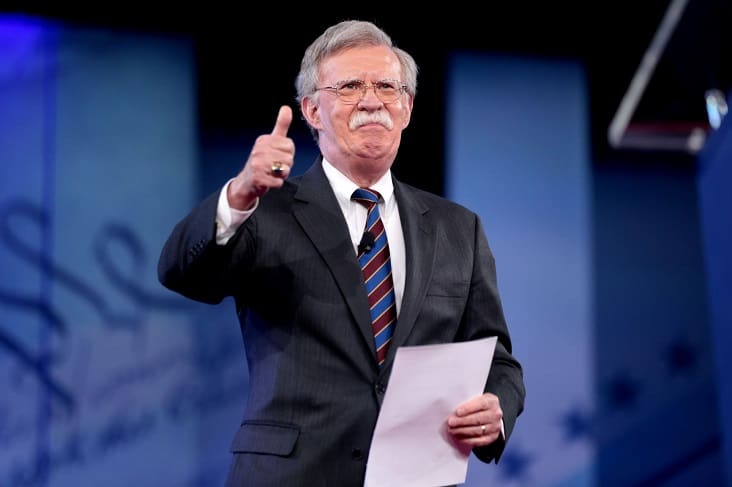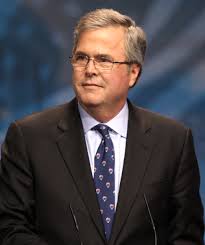Tom Rogan: How Putin is trying to ‘play’ Trump (AND vice-versa!)
(Column by Tom Rogan at the Washington Examiner, July 9)
Russian state-aligned media is escalating its personal attacks on President Donald Trump following his rebuke of President Vladimir Putin on Tuesday. In contrast, the Kremlin is avoiding a direct riposte.
Increasingly frustrated with Putin’s refusal to accept a ceasefire toward an end to the war in Ukraine, Trump observed, “We get a lot of bulls*** thrown at us by Putin, if you want to know the truth. He’s very nice all the time, but it turns out to be meaningless.” Trump added that he is sending additional Patriot missile defense munitions to Ukraine.
Trump’s unusually direct language demands the Kremlin’s attention. For one, it will be perceived as an example of American machismo that denigrates Putin’s carefully sculpted strongman persona. Russia, most of all its political and security circles, prizes the presentation of dominant strength. Trump saying that Putin is a deceptive jester challenges the Kremlin’s preferred narrative. It also cuts deeply against the Russian psychological wound that is the U.S. defeat of the Soviet Union in the Cold War. And where Putin seeks public respect from his foreign interlocutors, while offering the opposite in reciprocity (Putin revels in subtly undermining Trump), Trump has now played him at his own game.
Still, the Kremlin is being careful.
Referring to Trump’s outburst, the Russian president’s top spokesman observed, “We are quite calm about this. Trump has a generally quite tough style in the phrases he uses.” Why the hesitation?
Capitol Hill. More specifically, Putin’s keen desire to avoid new sanctions of the kind that Sen. Lindsey Graham (R-SC) and a big majority in the Senate advanced this week. Graham’s sanctions legislation would grant Trump authority, albeit with an obvious Senate nudge, to impose up to 500% tariffs on foreign buyers of Russian energy.

Because sales of oil and natural gas to China, India, and Turkey are the irreplaceable foundation stones of Russian government revenue, Putin would be in serious trouble were these sanctions to be introduced. While China would likely refuse to suspend Russian energy purchases outright, India and Turkey could not afford the loss of U.S. exports that Graham’s bill would entail. But if they cut Putin off from his energy markets, that would gut his ability both to fund his war effort and to provide a basic provision of domestic services to his citizens. This matters greatly amid an economic environment already defined by high and sustained inflation, collapsing private investment, a serious shortage of skilled labor, endemic corruption, and now military spending-dependent economic power…. [The full column is here. And for another brilliantly insightful take on the Russian-Ukrainian situation, somewhat satirical but full of a career-full of knowledge about Russia, read this slightly older piece by the great scholar and jazz musician S. Frederick Starr, published June 5, linked here.]





